Only 25 Books for the Rest of My Life?
The best of the best, for me
Last week a friend asked me, “If you could only read 25 books for the rest of your life, which ones would you select?” Needing only the slightest provocation – a feather’s push off the cliff – to consider such weighty matters, I spent that evening making, revising, agonizing, re-revising, re-agonizing, and finally putting my list in unerasable, unsmearable ink. (Surely to be revised next week.)
Below, dear reader, you will see my list. In the comments, please add the books you couldn’t live without, and the reason for your nomination.
(Amazon Affiliate links. As an Amazon Associate I earn from qualifying purchases.)
1. Natural Born Heroes by Christoper McDougall
Since reading it in 2015, I have gifted this book more than any other. Weaving together a World War II tale of derring-do with insights into healthy eating and exercise. I have read it again and again, felt the overwhelming fear of the Misfits, rejoiced at their success, and wished – I confess – I could have been a Misfit too.
2. The Iliad by Homer, translated by Caroline Alexander
“Wrath — sing, goddess, of the ruinous wrath of Peleus’ son Achilles.” How can that first line not draw you in? And how can it not give you pause to realize that one of the seminal, foundational works of our Western world begins with the word “wrath”?
Alexander’s recent translation reads in a modern voice and cadence. Wonderful.
3. The Odyssey by Homer, translated by Emily Wilson
Wilson’s recent translation also sings. I first read The Odyssey in high school. It has charmed me for 30 years. Covid has put the theme of the book – home – in a new and curious light. What journeys should we take when we cannot leave home?
4. The Gorgias by Plato
A poignant dialogue, because by the end, we know the city of Athens will kill Socrates, because it will no longer listen to the philosopher. There is almost no more important question in Western philosophy: why does the best city put to death the best person?
5. The History of the Peloponnesian War by Thucydides
Ah, the original 30 years war, which will be repeated (as Thucydides thought) again and again down the ages. Ostensibly a work of history, the book tackles international relations, culture, identity, education, death, citizenship and much more. The book makes you think more than most histories. But it also elicits profound feelings, as in the story of the destruction of Mycalessus.
The Landmark series of translations of some of the great works of antiquity are excellent guides. Containing many maps and helpful notes, these ground readers more securely on, well, the ground, where the action occurs than almost any other editions.
6. The City and Man by Leo Strauss
Strauss examines Plato’s Republic, Aristotle’s Politics and Thucydides. He attempts to return to the roots of political philosophy as a way of liberating modern political philosophy from ideology: “the crisis of the West” as he calls it.
I am not a Straussian and I am not convinced the Straussians interpret him correctly. Rather, I love Strauss because Strauss makes demands of me as a reader: careful reading, close attention and complete engagement.
7. Another Sort of Learning by Fr. James V. Schall, SJ
I studied under Fr. Schall and his classes continue to influence me today. In this treasure of essays, Fr. Schall embarks on an odyssey of books himself – mostly ones you’ve never heard of – to suggest that we continue our education well past our college years. Indeed, perhaps, our true education must come many years later. His invitation to the re-launching of our education inspires me as I approach (cough, very early) middle age. It is not too late – it is never too late – to confront the most important questions of life, of what he terms “what is.”
8. The World-Ending Fire by Wendell Berry
Readers outside of Kentucky may not have heard of this writer, activist, pacifist, environmentalist and storyteller. You should pick him up. This book compiles some of his best essays from the 1960s to today. Liberal or conservative, his essays will make you pause and feel uncomfortable. He speaks directly to you, catches you by the hand and then the heart.
I am re-reading these essays now. I find myself staring for minutes on end at the cover photo. Berry, simply sitting and thinking, pad and paper nearby. He’s looking outside his window, at his farm, into nature, into his farm – the place to which he returned – to which he felt joyfully drawn to return after years in New York City. Thinking, musing, mulling, mixing, playing, feeling, clashing, probing, ruminating, plowing. You depart these essays also simply sitting and thinking. Wondering. Perhaps you do not agree with Berry’s answers. You depart with the sneaking worry that he asks better questions than almost anyone alive today.
And perhaps he has thought more deeply about those questions than anyone else alive today too.
9. Walden by Henry David Thoreau
One of the three books I read every year, usually around summer, around the time Thoreau moved into his cabin on Walden Pond. I take a new lesson with each reading – around purpose, economics and life force, the small life, and observing detail. This year, his language and word choice have struck me. The words combine in sentences, paragraphs, and pages that sing of two themes: Beauty and fire. Beauty and fire.
10. The Last Lion: Winston Spencer Churchill, Vol. 1: Visions of Glory, 1874-1932 by William Manchester
As I told a friend recently, read the Preamble, if nothing else. Perhaps my favorite 40 pages in the English language.
11. Much Ado About Nothing by William Shakespeare
My favorite Shakespeare play, from which we took our daughter’s name. Beatrice: perhaps the second-strongest character in Shakespeare. You will laugh, then fret, then cry, then laugh again. In my unscholarly and perhaps unpopular view, this is Shakespeare’s greatest comedy.
12. Lincoln’s Virtues by William Lee Miller
A close winner in the race against The Eloquent President, which is also an outstanding treatment of Lincoln, it examines Lincoln up to his presidency. Like Strauss reading the ancients, Miller painstakingly scrutinizes moments from Lincoln’s life to cull out his ethics and philosophy. If I only get one Lincoln biography to read for the rest of my life, this is it.
13. The Complete Sherlock Holmes by Sir Author Conan Doyle
I have a one-volume complete compilation of Homes stories and novels, which I have read numerous times since taking up the sleuth at age 15. Alas, that edition seems to have gone out of print, and only multi-volume compilations are available today.
Returning to Holmes after a layoff, I always come back into the stories through Holmes’s own shocking return, The Empty House. Can you imagine Dr. Watson’s disbelief – his utter discombobulation – at seeing his hero and friend in his room again after assuming his demise all those years ago?
It was indeed like old times when, at that hour, I found myself seated beside him in a hansom, my revolver in my pocket and the thrill of adventure in my heart. Holmes was cold and stern and silent. As the gleam of the street-lamps flashed upon his austere features I saw that his brows were drawn down in thought and his thin lips compressed. I knew not what wild beast we were about to hunt down in the dark jungle of criminal London, but I was well assured from the bearing of this master huntsman that the adventure was a most grave one, while the sardonic smile which occasionally broke through his ascetic gloom boded little good for the object of our quest.
With that, Holmes and Watson – and I – are back on the trail of the criminal underground in London – for 56 unforgettable stories and four adventurous novels.
14. The Visual Display of Quantitative Information by Edward Tufte
Before anyone begins their first career PowerPoint slide, they should be required to read this book and take Tufte’s class. And then they will never pick up that terrible, cursed tool of “communication.”
Tufte is the modern maven of data helping to tell stories – and more importantly, drive insights from the data. I keep his translation of Charles Joseph Minard’s map of Napoleon’s attack on, and retreat from, Russia on my office wall as a constant reminder to turn the data I work with into cogent stories, tables and charts. I have learned from this book for 20 years, and I still have much to learn from it.
15. Orthodoxy by G.K. Chesterton
Chesterton – convert to Catholicism and author of the (to me, alas, boring) Father Brown mysteries – writes his defense of Christianity in this charming work of seeming constant paradox. Chesterton’s writing takes some getting used to – and then you become hooked. I could re-read the last chapter endlessly and still find the shock and joy in its last line.
16. Brawn by Stuart McRobert
The book that got me into strength training. It is still the single best resource available to men and women who desire to become stronger. (And, for some kick-ass motivation, check out the compilation of essays by my DC strength trainer, “Maximum Bob” Whelan, Super Natural Strength!)
17. A Simpler Life by The School of Life
I’ve reviewed this book, so I won’t say much more. But you can tell how much this book has impacted me by the fact it was only published this year and already has made my list of top 25 books.
18. The Mask of Command by John Keegan
Keegan – perhaps the worthiest and most thoughtful military historian of the 20th century – delves into leadership in this masterful book. His last chapter on Post-Heroic Leadership reverberates with chilling, haunting lessons more than 30 years after he wrote the book.
19. Northland Stories by Jack London
This edition contains my favorite short story – by London or any author – “To Build a Fire.” Not the terrible 1902 version – the real, 1908 story. In an age of fixation on extending longevity and faith in human endeavor, these stories offer a welcome tonic: we are but fragile creatures, and merely one of many, on this earth. Tread carefully.
20. Dracula by Bram Stoker
One of the three books I re-read each year, in October fittingly enough. Weirdly, when I return to it, I cannot for the life of me recall how it goes or how it turns out. Will Jonathan Harker make it out alive? Can Dr. Van Helsing save Dracula’s victims? Page after page, I want to know, I must know. Save them, good Doctor, you must save them! You must destroy this Dracula, this incarnation of evil! It gives me the shivers, even on this steamy July day. Bring on October and take me to Transylvania!
21. The Trumpet of the Swan by E.B. White
I read it in 4th grade and still I hear the trumpet. The tale of a voiceless swan, and how he learns to write on a chalkboard and play the trumpet. Perhaps my heart condition helped me sympathize with the swan and his desire to live fully and thrive in his world.
22. A Christmas Carol by Charles Dickens
The third of the three books from this list that I read every year, this one between Thanksgiving and Christmas. May we all have the benefit of a Jacob Marley to seek our reformation – and may we all become the reformed Scrooge and glory in our reclamation.
23. The Good Neighbor by Maxwell King
The pursuit of greatness – excellence – perfection done kindly. We should not forget that supreme originality can be pursued kindly. We have an example.
24. Thinking and Eating by The School of Life
In our frenetic, frenzied modern world, we do 16 things while we eat – talk with the kids, text, check email, schedule an appointment on our calendars, watch the news, and so on. This delightful cookbook mixes philosophy, sensuality, emotion, and reason in a forceful argument for reassessing our relationship with food, meals, and ritual.
25. David Copperfield by Charles Dickens
An outlier on this list, in that I haven’t read it in many years. But still I return to the beauty of Dickens’s storytelling, language, and evocation of emotion. Who does not wish to come to the end of their life, as Copperfield wishes, beholding his beloved:
O, Agnes, O my soul, so may thy face be by me when I close my life indeed; so may I, when realities are melting from me, like the shadows which I now dismiss, still find thee near me, pointing upward!
—-
I hope you’ve enjoyed this tour of the books I would read if I could only read 25 books for the rest of my lifetime. Again, share the one book – or even 25 books! – you would add below!




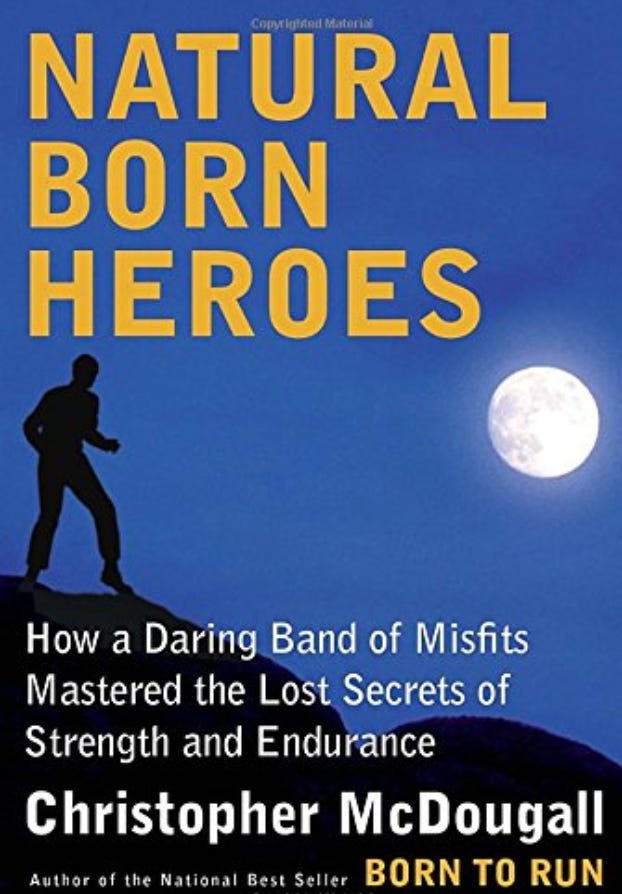

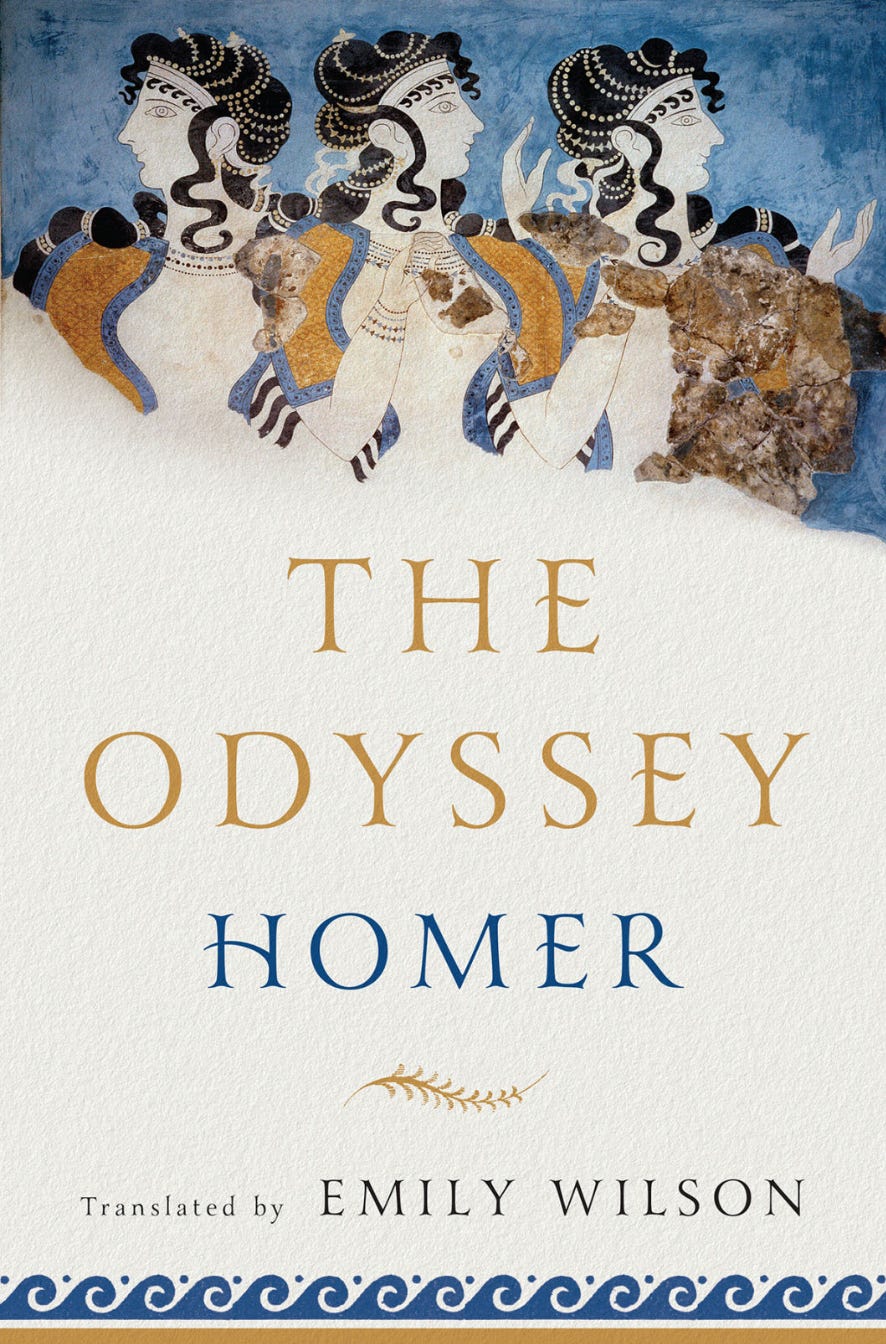

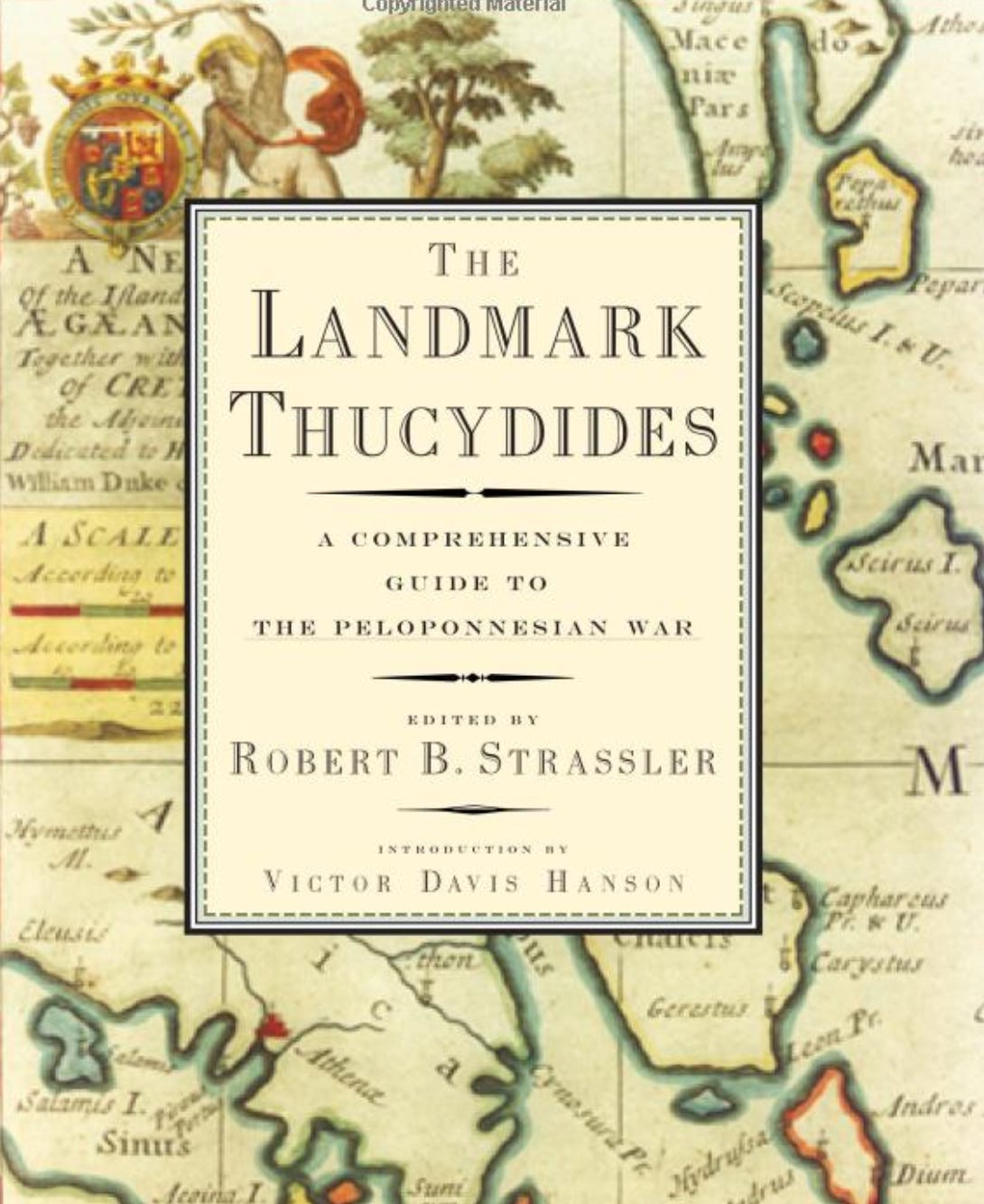









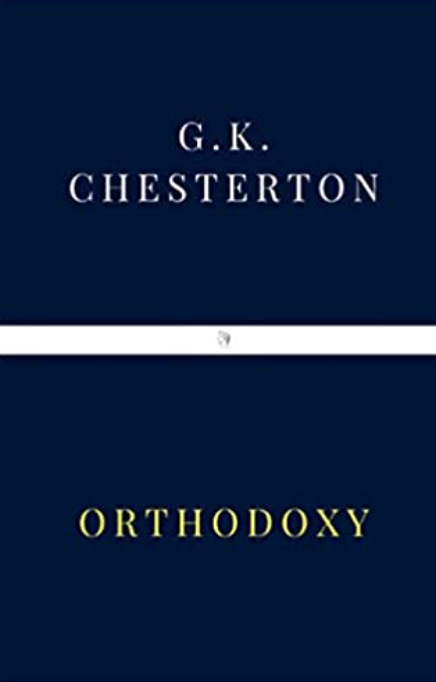


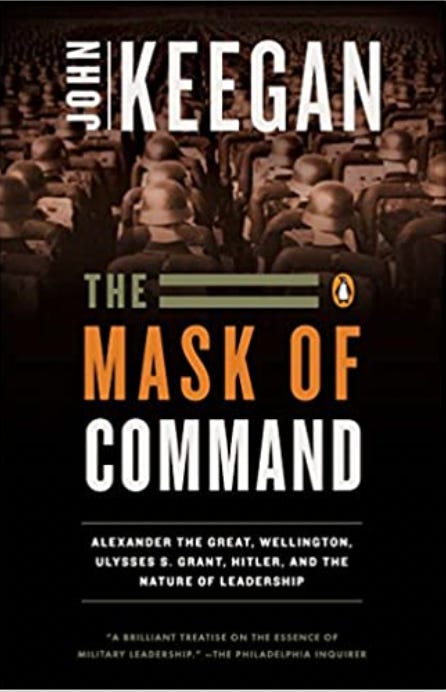





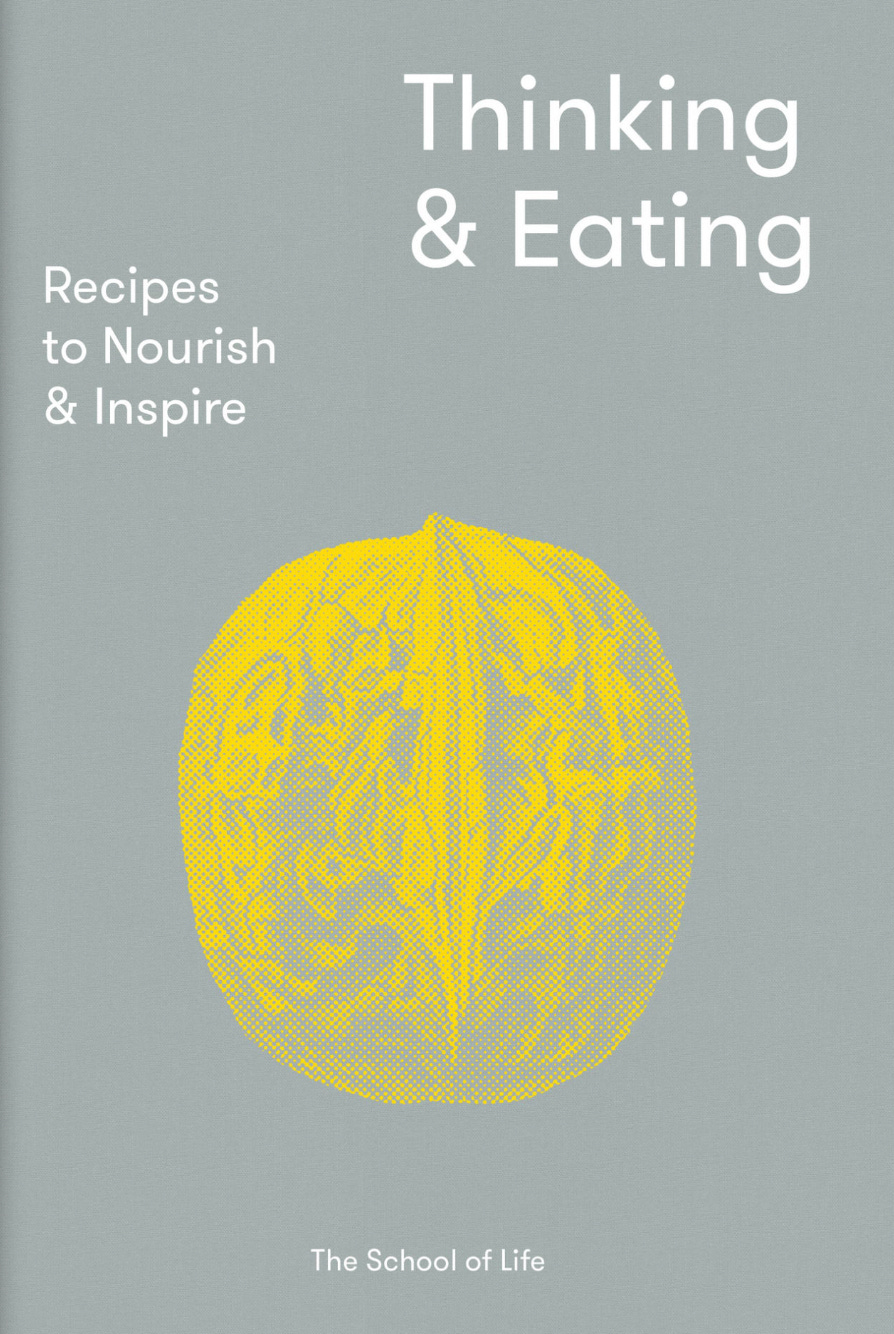

Not too long ago, I ran across on a thumb drive a copy of Richard Alan Gordon's, "A Selection of Readings in English and World Literature as Supplemental to the Background of the Culturally Underprivileged Law Student." It is eight double-sided pages, and I clearly have work to do. Let me know if you'd like a copy. As for my contribution, I have always been a fan of "The Great Divorce" by C.S. Lewis, which I read in Fr. King's class "Truth, Illusion, Salvation."
St Augustine's "Confessions" -- God as "interior intimo meo," more intimately present to me than I am to myself; John Henry Newman's "Apologia pro Vita Sua" -- the relentless quest of the human conscience for truth; Shakespeare's "King Lear" -- a catharsis to end all catharses.